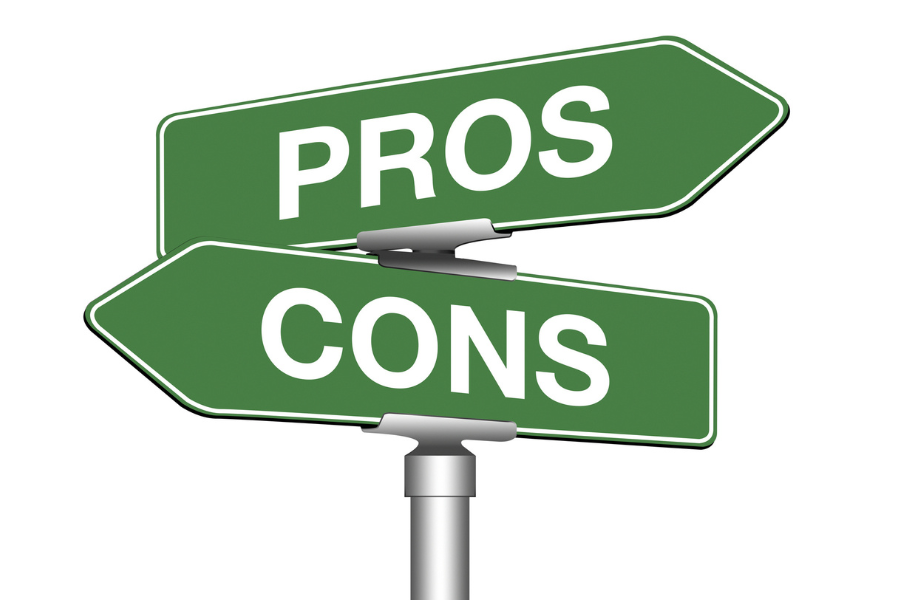The Pros and Cons of Selling Land on Your Own vs. Using a Real Estate Agent

When it comes to selling land, landowners often face the decision of whether to sell on their own or enlist the services of a real estate agent. Both options have their merits and drawbacks, and understanding the pros and cons can help you make an informed decision. In this article, we will explore the advantages and disadvantages of selling land on your own versus using a real estate agent.
Selling Land on Your Own:
Pros:
1. Cost Savings
One of the primary benefits of selling land on your own is avoiding real estate agent commissions. By cutting out the middleman, you can potentially save a significant amount of money, especially if your land has a high value.
2. Direct Control
Selling on your own allows you to have complete control over the entire sales process. You can set the price, negotiate directly with potential buyers, and make decisions without relying on a third party.
3. Personalized Marketing
Selling land on your own gives you the opportunity to market the property in a way that aligns with your vision. You can tailor your marketing efforts, including online listings, signage, and targeted outreach, to attract the right buyers.
Cons:
1. Limited Network and Exposure
Selling land on your own may result in limited exposure to potential buyers. Real estate agents have extensive networks and access to multiple listing services (MLS), which can significantly increase the visibility of your property.
2. Lack of Expertise
Selling land requires specialized knowledge of zoning regulations, legal requirements, and market dynamics. Without the expertise of a real estate agent, you may face challenges in navigating complex procedures, contracts, and negotiations.
3. Time and Effort
Selling land independently can be time-consuming and demanding. It requires coordinating property showings, answering inquiries, conducting market research, and handling paperwork. If you have limited time or resources, this can become overwhelming.
Using a Real Estate Agent:
Pros:
1. Market Knowledge and Expertise
Real estate agents possess in-depth knowledge of the local market and industry trends. They can provide valuable insights on pricing, marketing strategies, and negotiating deals, increasing your chances of a successful sale.
2. Extensive Network
Agents have a wide network of potential buyers, other real estate professionals, and industry contacts. They can tap into this network to generate interest and secure qualified leads for your land.
3. Time-Saving and Convenience
Utilizing a real estate agent takes the burden off your shoulders. They handle all aspects of the sales process, including marketing, showings, paperwork, and negotiations, allowing you to focus on other priorities.
Cons:
1. Commission Fees
The primary drawback of using a real estate agent is the commission fees. Typically, agents charge a percentage of the final sale price as their commission, which can significantly reduce your net proceeds.
2. Limited Control
When you involve a real estate agent, you relinquish some control over the sales process. You rely on their expertise and decision-making, which may not align perfectly with your preferences.
3. Misaligned Priorities
In some cases, real estate agents may prioritize selling properties with higher commissions or quicker turnovers, potentially impacting the attention and effort they dedicate to selling your land.
https://offers4land.com/ is the best platform to sell your vacant lands and help you save time and money. Now you can also contact the team of experts and sell your land.
You can also follow us on social media to get more news about the process and company www.facebook.com/offersforland




